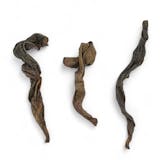Imperial Red Robe
Imperial Red Robe
Harvested from the steep cliffs of Wuyi Mountain, this legendary oolong tea is renowned for its mineral undertone. Its rich heritage and meticulous roasting create a bold yet smooth infusion with a lasting, warm complexity.
|
Region 💬The region where tea is grown influences its flavor, aroma, and quality. Different climates, altitudes, and soil types contribute to unique characteristics specific to each area.
|
Wudiqu Village, Wuyishan, Fujian, China |
|---|---|
|
Harvest 💬The season when the tea is harvested affects its flavor profile. Early spring teas, known as first flush, are often lighter and more delicate, while later harvests can be bolder and more robust.
|
Mid spring 2024 |
|
Cultivar 💬Cultivar refers to the specific variety of tea plant used. Different cultivars have distinct flavor profiles, growth patterns, and adaptability to environmental conditions.
|
Camellia sinensis var. assamica |
|
Pluck set 💬The pluck set describes the combination of leaves and buds that are harvested. For example, 'one bud and two leaves' is a common standard that can impact the tea's flavor, texture, and quality."
|
1 bud with 2 leaves |
|
Caffeine 💬Caffeine levels vary between tea types and can be influenced by factors like leaf size, processing methods, and steeping time.
|
Medium |
|
Roast 💬Roast level refers to how much heat has been applied to the leaves during processing. A higher roast imparts deeper, toasty notes, while lighter roasts preserve the tea’s natural floral or vegetal character.
|
Light (multiple stages of charcoal roasting) |
|
Oxidation 💬Oxidation is the process of exposing tea leaves to air, which changes their color and flavor. Higher oxidation levels result in darker, more robust teas, while lower levels maintain lighter, more delicate flavors.
|
30-40% |
|
Fermentation 💬Fermentation is a microbial process used in certain teas like Pu'er to develop complex flavors over time. Higher fermentation levels often produce richer, earthier notes and darker liquor.
|
N/A |
Grade info: We offer 3 different grades of tea: ZL Everyday (premium), ZL Select (ultra premium), and ZL Artisan (luxury).
Learn more about how we grade our teas.
Suggested water temperature
 |
(194-203°F) |
OR | Allow kettle to cool for 2 minutes before pouring |
Simple brewing method
 |
+ |  |
+ |  |
+ |  |
| 2g (1 tsp) |
tea infuser | 240ml (1 cup) |
4-5 mins |
2 oz | 56.7 g (28 cups)
4 oz | 113.4 g (56 cups)
8 oz | 226.8 g (112 cups)
1.76 oz | 50 g (25 cups)
Couldn't load pickup availability
Share
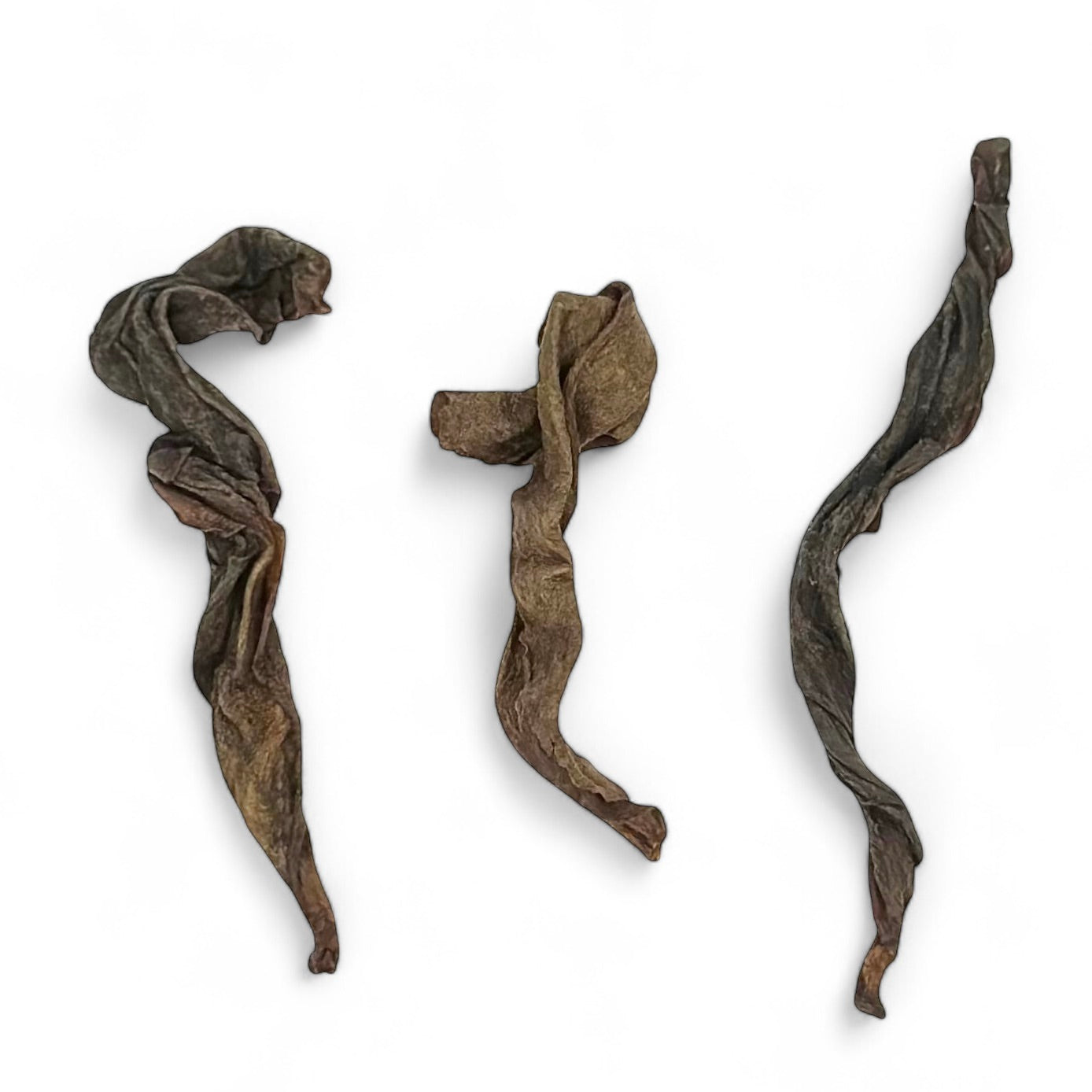
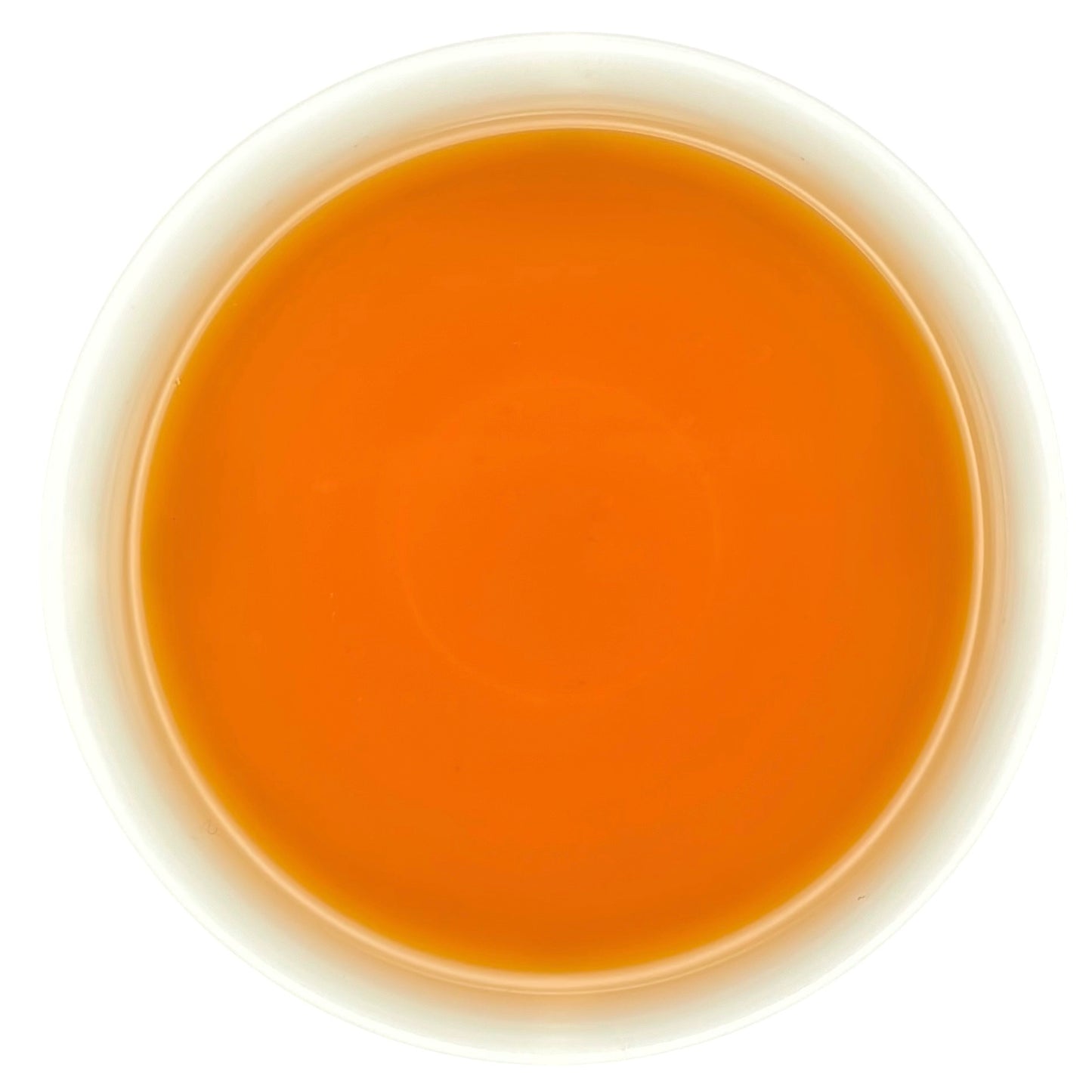
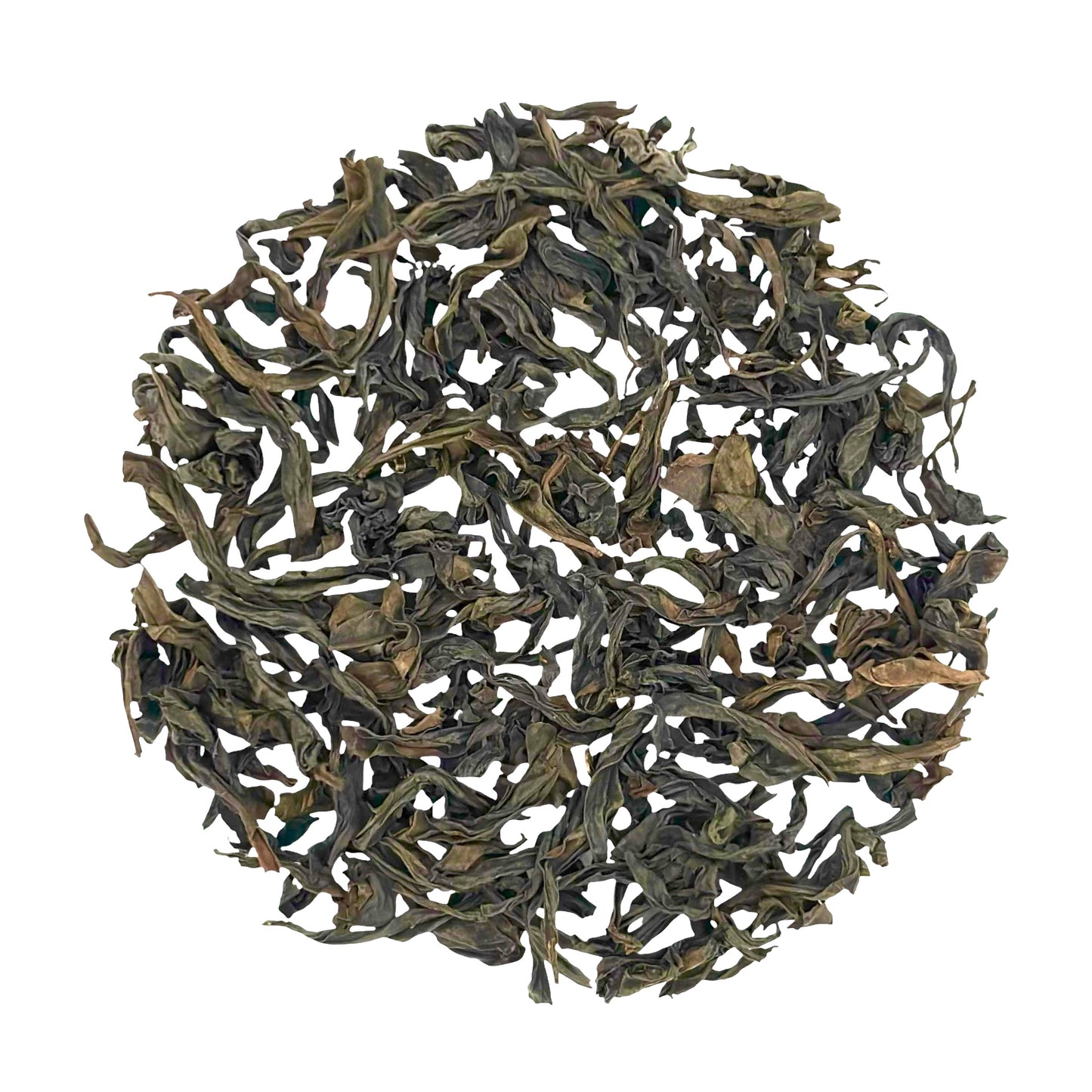
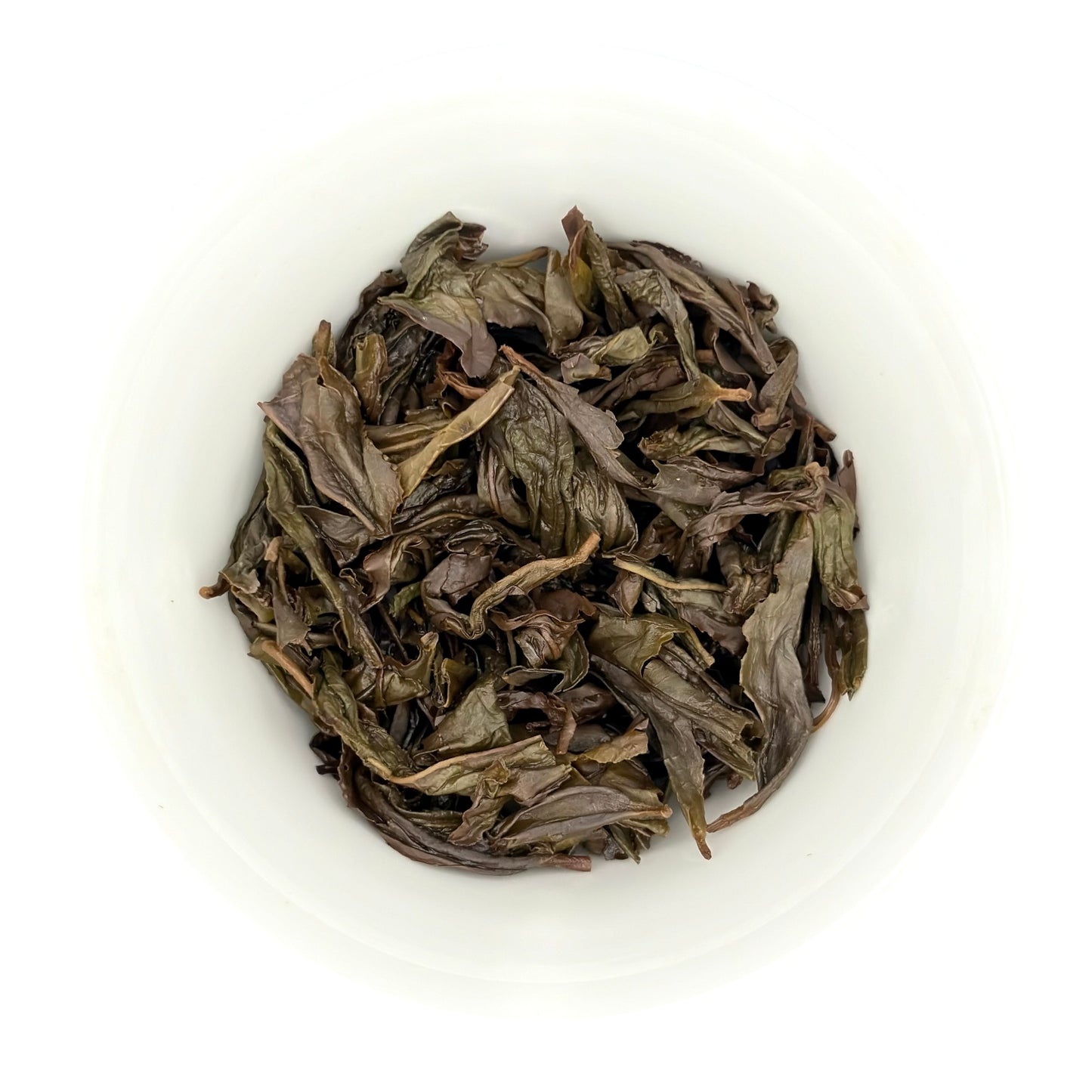
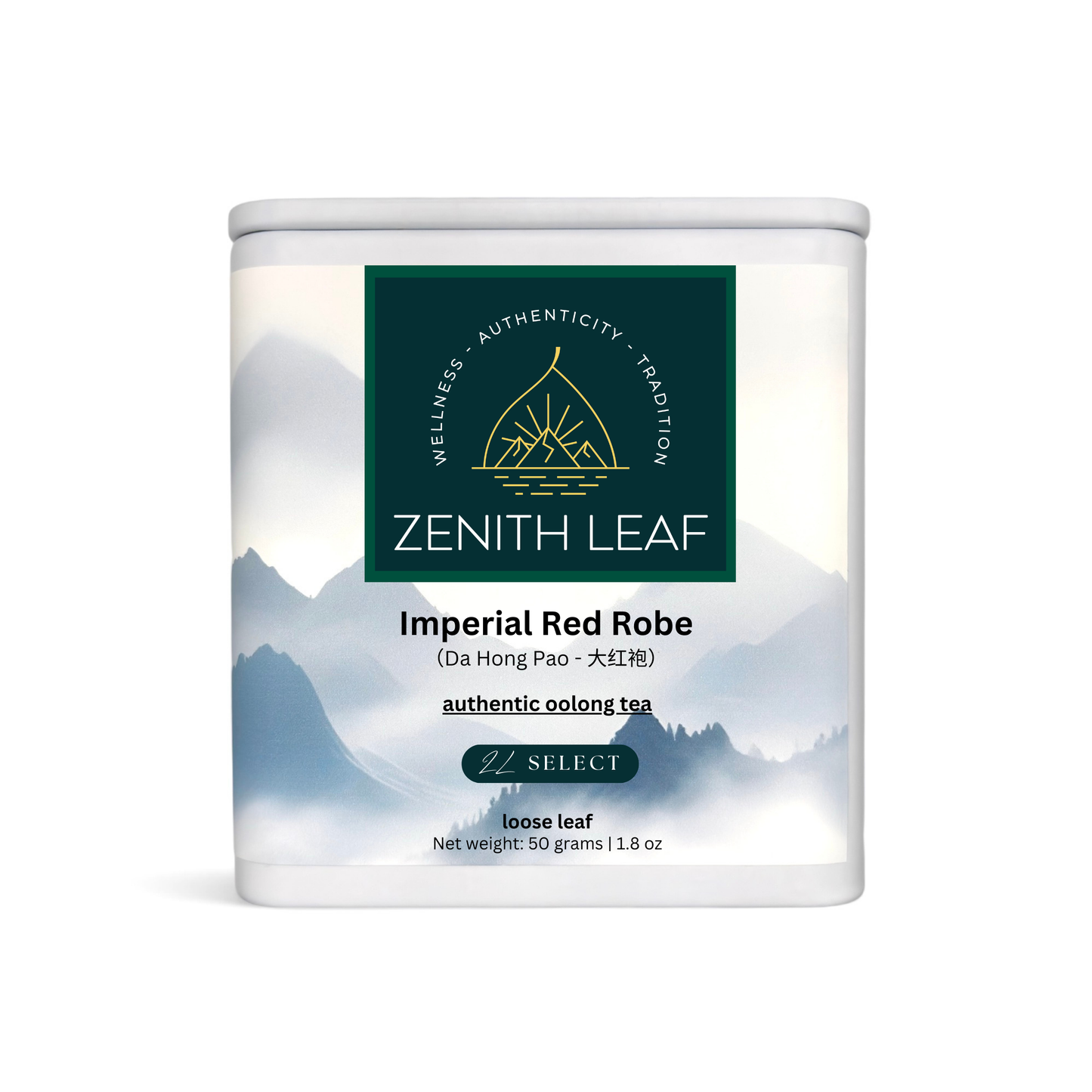
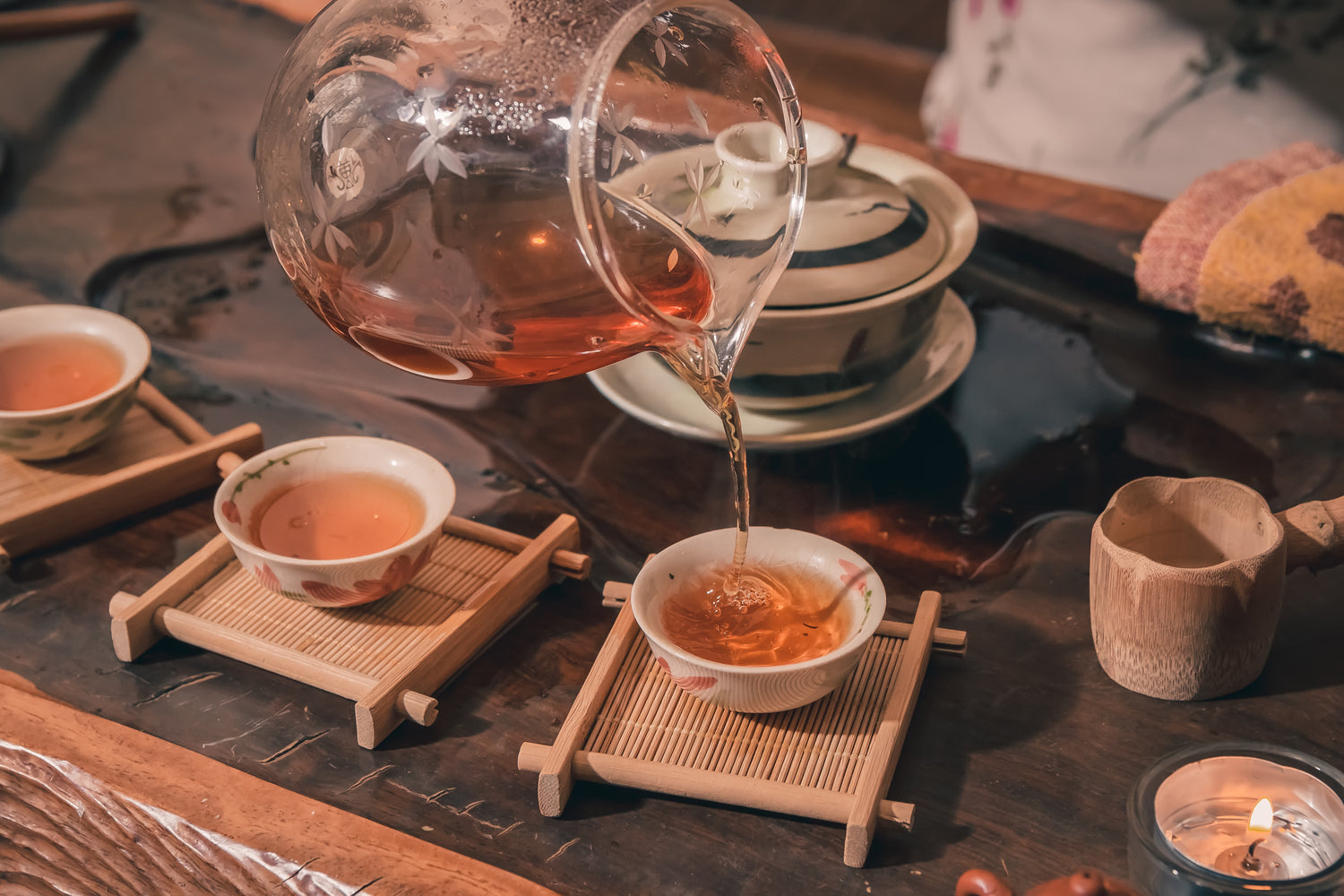
Taste & Aroma
Imperial Red Robe (Da Hong Pao, 大红袍) is a highly prized oolong tea renowned for its deep aroma and multi-dimensional flavor. Balancing mineral and roasted cocoa notes with hints of honey and dried figs, its signature "yan yun" or "rock rhyme" delivers a lingering, mineral-rich finish that defines its exceptional character.
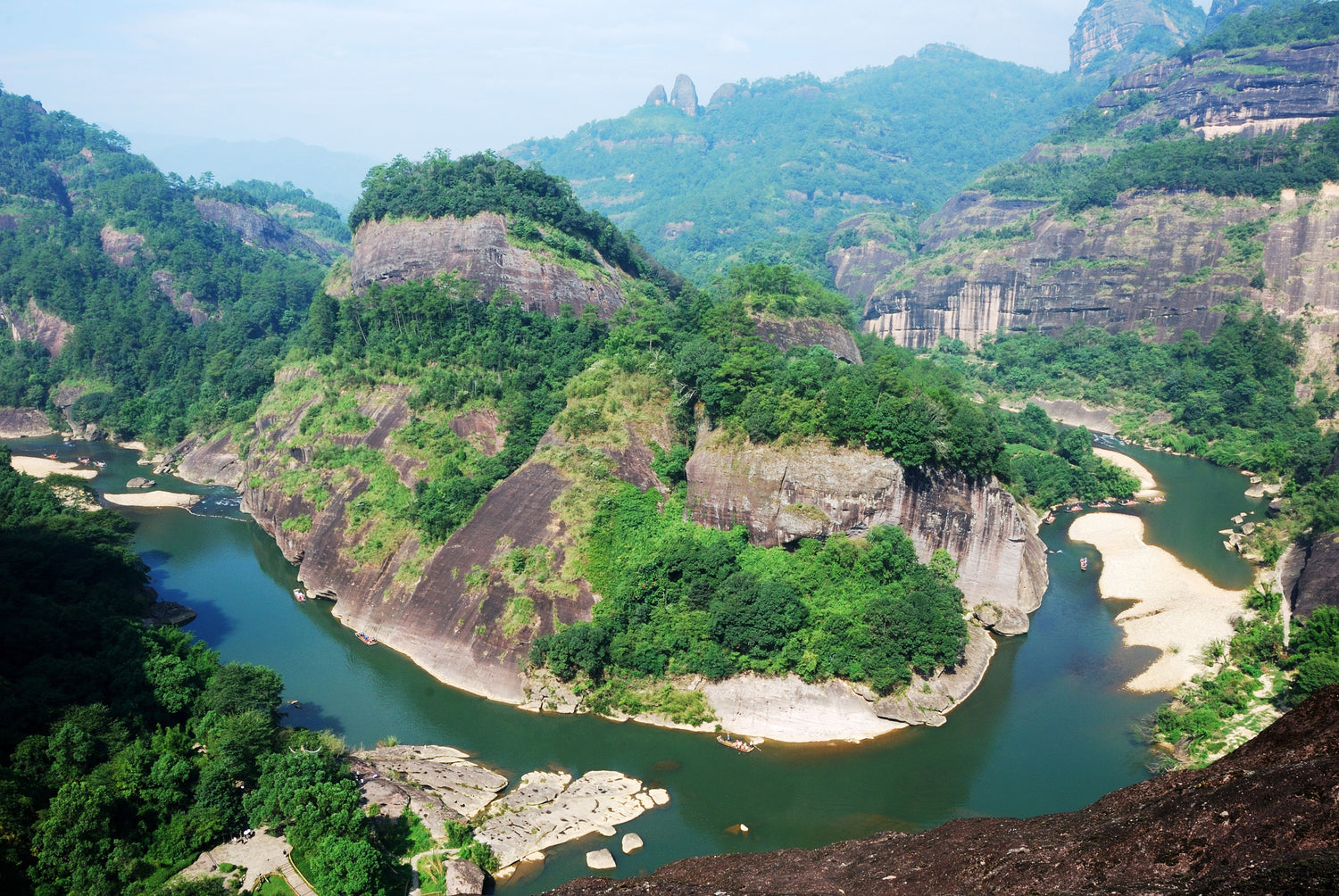
Terroir
The distinct taste of Imperial Red Robe stems from the rugged terroir of the Wuyi Mountains, where tea bushes grow in rocky crevices, absorbing minerals that give the leaves their signature flavor. Water trickling down the steep cliffs feeds minerals into the soil, enriching the tea bushes and infusing the leaves with their signature mineral-driven flavor and complexity.

History
Imperial Red Robe is steeped in legend, from a Ming Dynasty emperor draping red robes over tea bushes after they cured his mother’s illness to a scholar honoring them for aiding his exam success. Once reserved for nobility, it remains one of the world’s most prestigious teas, with ancient leaves priceless and modern varieties cultivated with reverence.
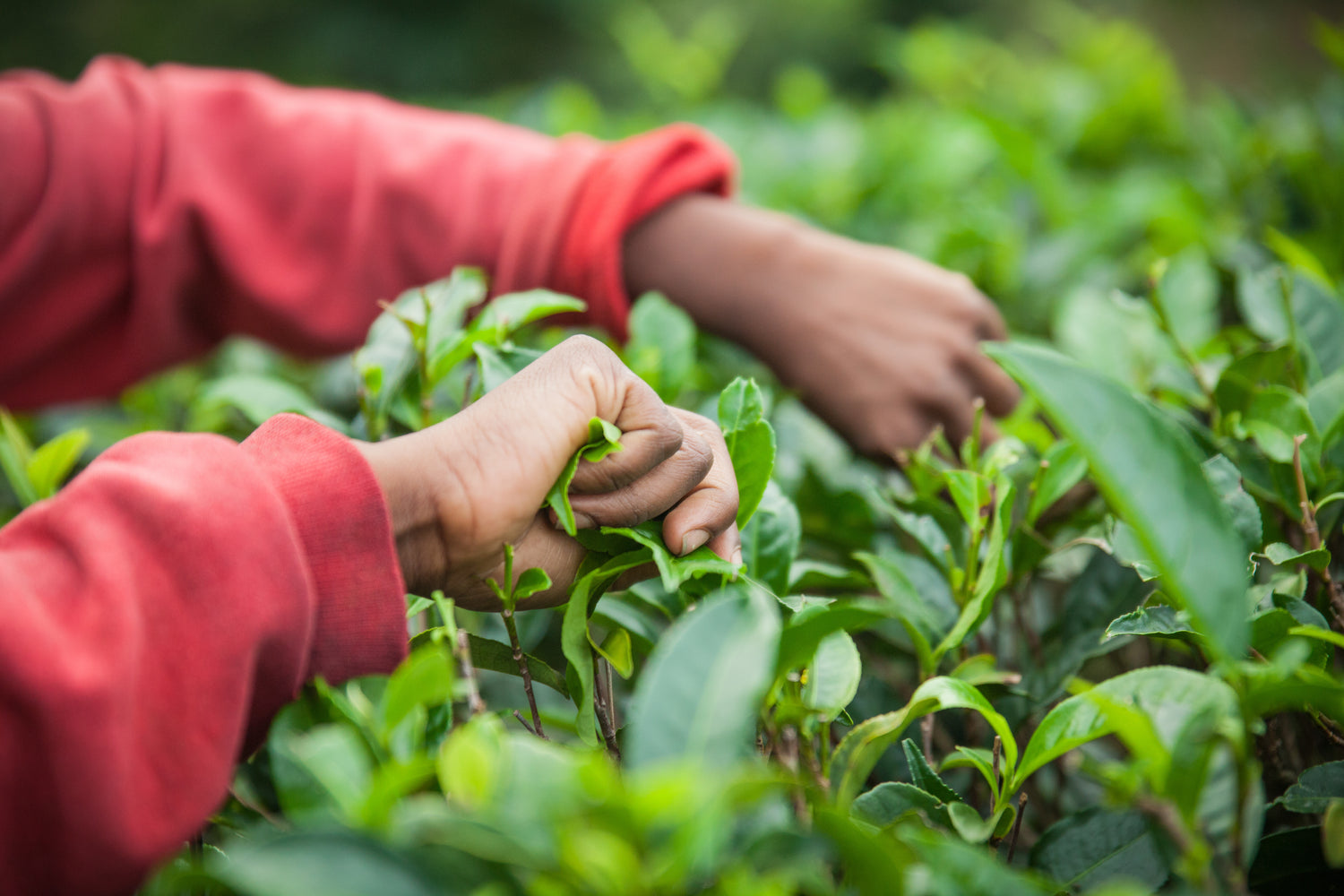
Production
The production of Imperial Red Robe is a meticulous, time-honored process. Harvested in late spring, the leaves are withered, gently shaken for partial oxidation, pan-fried to lock in aromas, rolled into twisted shapes, and roasted over charcoal in multiple rounds with resting periods, creating its signature smoky flavors and smooth, refined profile.
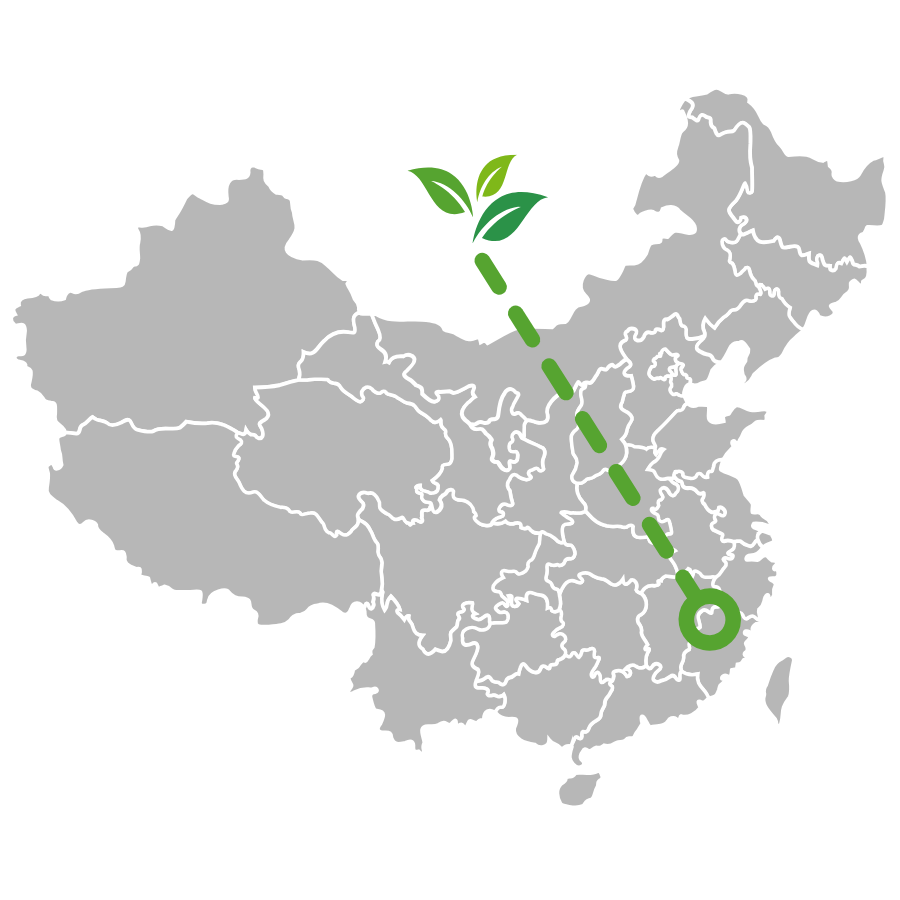
Geography
The core production area for Imperial Red Robe lies within the UNESCO-protected Wuyi Mountains, a region famous for its rugged rock formations and unique ecosystem. This popular site seeing destination is home to a variety of renowned rock tea cultivars, including Shui Xian, Rou Gui, and Bai Ji Guan, each reflecting the distinctive "yan yun" or "rock rhyme" that defines Wuyi teas.





